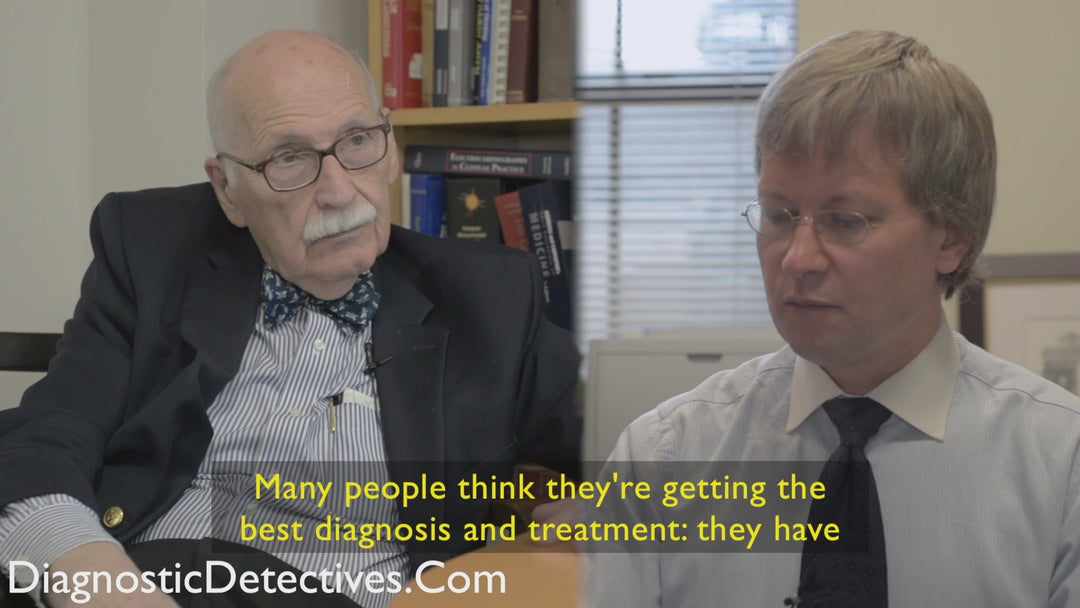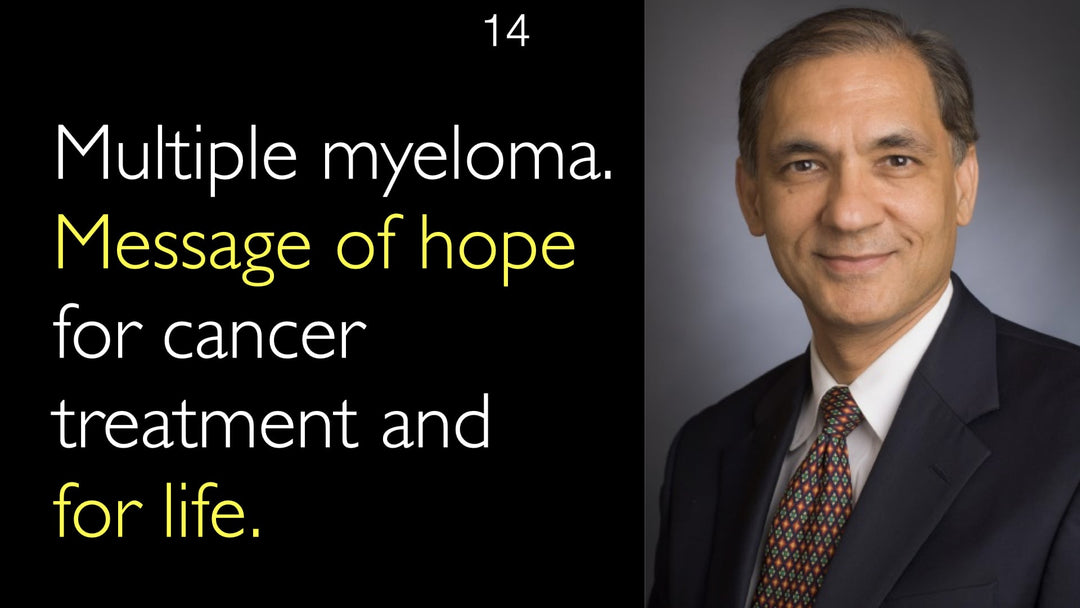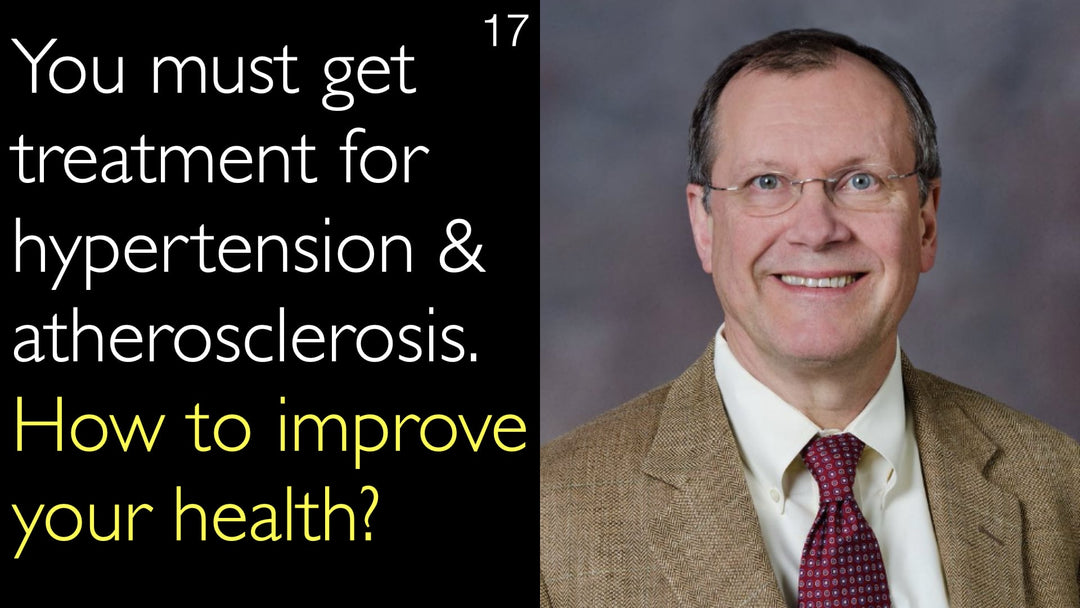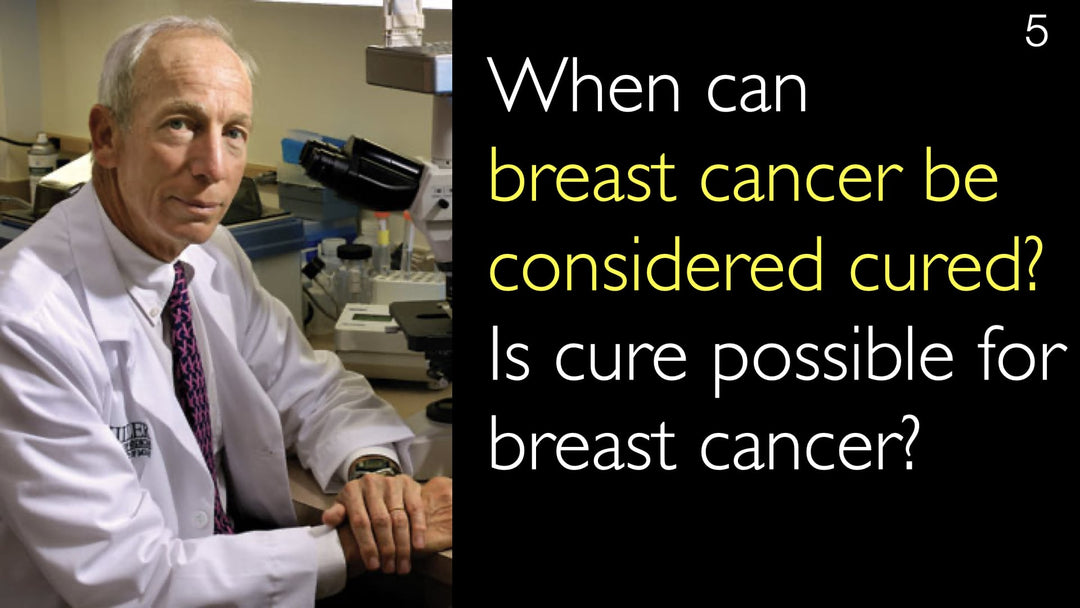Leading expert in medical education and patient advocacy, Dr. Marshall Wolf, MD, explains how medical second opinions are crucial for accurate diagnosis and optimal treatment. He emphasizes that even experienced physicians can make mistakes and should be comfortable admitting uncertainty. Dr. Wolf advocates for a collaborative doctor-patient relationship where physicians actively help patients find the right specialist. He shares a powerful personal anecdote about a rare lung tumor to illustrate the life-saving impact of seeking another expert perspective.
Why a Medical Second Opinion is Essential for Your Health
Jump To Section
- The Importance of Second Opinions
- When to Seek Another Opinion
- The Doctor's Role in Patient Advocacy
- Overcoming the Stigma of Uncertainty
- A Personal Story of Success
- Full Transcript
The Importance of Second Opinions
Patients often assume they are receiving the best possible medical care. This assumption can be based on having good health insurance, access to a large academic hospital, or a state-funded healthcare system. However, as Dr. Marshall Wolf, MD, explains, a diagnosis can be incomplete or a treatment plan might not be the most suitable strategy available. A medical second opinion serves as a critical safeguard against these potential gaps in care.
Dr. Anton Titov, MD, highlights that many people do not receive a precise diagnosis or the best treatment simply because they do not probe further into their medical problem. Seeking a second opinion is a proactive step that can confirm a diagnosis, explore alternative treatments, or provide peace of mind. It is a fundamental part of ensuring you are on the correct path to recovery.
When to Seek Another Opinion
Dr. Marshall Wolf, MD, advises that patients should consider a second opinion in difficult medical situations, particularly when a diagnosis is complex, rare, or the proposed treatment is invasive. If a patient feels uncertain or if their condition is not improving, consulting another expert is a prudent course of action. Dr. Wolf uses a powerful analogy, comparing physicians to the legendary baseball player Ted Williams, who had a .400 batting average.
This analogy underscores that even the best doctors are not perfect and "don't always bat a thousand." Therefore, patients should not interpret the need for another consultation as a failure by their first doctor but rather as a standard part of optimizing care. The goal is to assemble the best possible team for your specific health challenge.
The Doctor's Role in Patient Advocacy
A key theme from Dr. Marshall Wolf, MD, is that the physician's job extends beyond treatment to include patient advocacy. He strongly believes it is the doctor's responsibility to help a patient find the right specialist when a condition falls outside their expertise. A physician should be comfortable and supportive when a patient asks, "Could I have a medical second opinion?"
Dr. Marshall Wolf, MD, notes that patients often lack the specialized knowledge and experience to identify the correct expert on their own. He states, "That is the doctors' job! That is the doctor's job!" In his own practice, Dr. Marshall Wolf, MD, would frequently initiate these referrals himself, viewing it as an integral part of providing comprehensive and ethical care.
Overcoming the Stigma of Uncertainty
A significant barrier to seeking second opinions can be a physician's ego. Dr. Marshall Wolf, MD, argues that medicine should not be viewed as a competitive sport. The mark of an excellent physician is the ability to say, "I don't know." He cites the 9th-century physician Moses Maimonides, who said, "Teach thy tongue to say ‘I do not know’, and thou shalt progress."
This ancient advice remains profoundly relevant today. When a doctor encounters a problem they are unfamiliar with, they have two clear options: research the medical literature or consult a colleague. This honest admission of uncertainty is the foundation upon which patients receive the best and most advanced care available.
A Personal Story of Success
Dr. Anton Titov, MD, shares a compelling personal anecdote that illustrates the life-altering power of a second opinion. His mother was diagnosed with a rare lung tumor, and the initial medical plan from her doctors was essentially "elderly lady, nothing to do." Dissatisfied with this passive approach, Dr. Titov initiated a detailed medical literature search and global network consultation.
This effort led them to another highly experienced physician who reviewed the CT scan and proposed a radically different plan. This new expert recommended immediate surgery after a couple of tests, which ultimately meant she avoided chemotherapy and radiotherapy altogether. The surgery was successful, and years later, she is doing well. This experience was the catalyst for Dr. Anton Titov, MD, to begin his interview project, dedicated to helping others find precise diagnoses and the best treatments.
Full Transcript
Many patients think they are getting the best diagnosis and treatment. Patients have good health insurance, or they live in a country where the state covers the cost of health care. Maybe a patient lives next to a large academic hospital. But in reality, patients might not get the best medical care for their specific situation.
A diagnosis could be incomplete or imprecise, even though it is generally correct. A much better treatment method or a more suitable therapeutic strategy might be available somewhere else. This is what happened to my mother when she had a lung tumor diagnosed. It turned out to be a rare lung tumor.
Dr. Marshall Wolf, MD: The initial medical plan was this: "Elderly lady, nothing to do." It proved not to be the best course of action. It took a very detailed medical literature search. It took a global medical network consultation to find another physician.
That expert was similarly experienced. He worked next door to the first doctor. The new expert looked at the CT scan and said, "Look, we will do a couple of tests, and we can proceed to surgery immediately. Then she will not need chemotherapy or radiotherapy." That was several years ago, and it worked!
Dr. Anton Titov, MD: Is she doing well?
Dr. Marshall Wolf, MD: Yes, my mother is doing well. It worked well, and it prompted me to start this interview project. Because so many people are not getting the precise diagnosis and the best treatment. Because they don't probe their medical problem further. Patients often cannot probe further to find the best diagnosis and treatment for them.
Dr. Anton Titov, MD: How can patients make sure that they are getting a precise diagnosis and the best treatment?
Dr. Anton Titov, MD: What do you think of patient-initiated efforts to seek a second opinion?
Dr. Anton Titov, MD: Should patients seek other medical expert opinions in difficult medical situations?
Dr. Marshall Wolf, MD: Okay, two things. You know Ted Williams? A great baseball player. Yes, he was the last Major League baseball player to hit .400. That meant when he went to the plate, two times out of five he had a hit.
Doctors are not as good as Ted Williams. So we don't always "bat a thousand." It means we don't always perform perfectly. If you say, "My doctor made a mistake," we all make mistakes! I like to think of Ted Williams. I have a much better batting average than Ted Williams, but it is not perfect.
The real trick is this. You need a doctor who doesn't think of medicine as a competitive sport. Your doctor should be comfortable saying, "I don't know." Did you ever hear of Moses Maimonides? He's a very famous physician, ninth century. He said: "Teach thy tongue to say ‘I do not know’, and thou shalt progress." It is still good advice today.
Doctors have to be comfortable saying this: "I have never taken care of this kind of a problem." Then physicians should do one of two things. They go to the medical literature. Now with computers, that is pretty easy. Or they should go to a colleague and say this: "I have got this problem, I don't know much about it. What should I do?" That is the way patients get good care.
The problem I have with patients searching for the best treatment is this. Patients often are less capable of identifying the specialist they should talk to than their physician. In any patient's medical center, a physician might see a patient with a rare heart problem. This is not a specialty of that physician.
Then talk to the cardiologists in your center about where that patient should be sent, or who he should be seen by. A patient going to the computer may not end up in that same place. The physician should help the patient.
The patient may say, "Could I have a medical second opinion?" The physician should be comfortable saying: "Sure, I'll find you somebody." I had patients who occasionally would say that to me. I would be glad to help them find somebody else to talk to.
But it is very hard for patients without very specialized both knowledge and experience to find the right expert for their condition. That is the doctors' job! That is the doctor's job! I saw once a patient and the patient said, "I'm worried about what's going on, and I know this isn't your area of expertise. Is there somebody I could see?" I would help the patient do that. I often did.
Actually, more often I would say, "You ought to see somebody else," than the patient would say it. That is my job!







